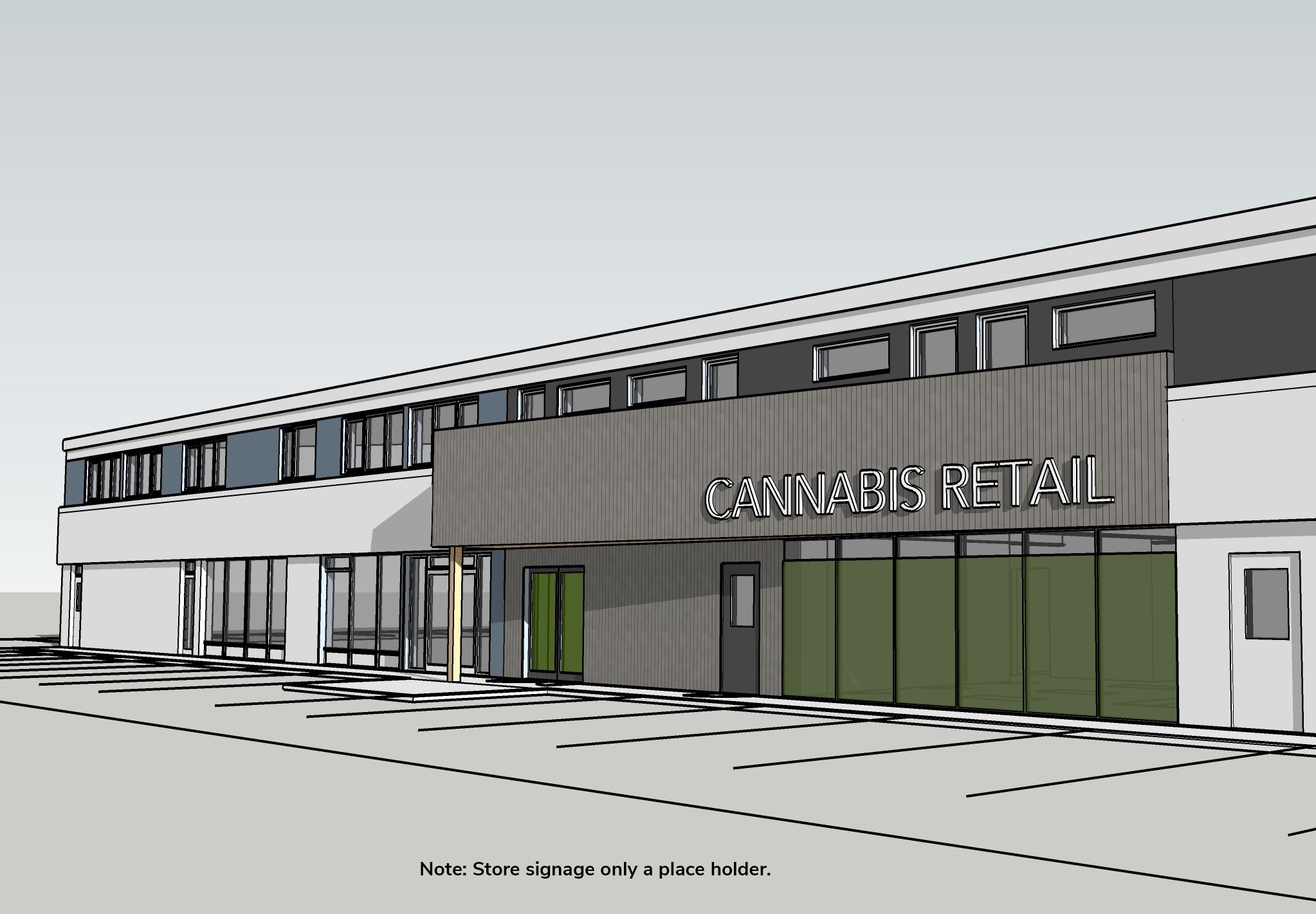Jul 13, 2018
‘Yukon model’: How Ford can bring the free market to cannabis retail
If Doug Ford wants the free market to play a role in selling cannabis to the people of Canada’s largest province, Ontario’s premier could take a cue from the country’s smallest territory.
“As an interim measure, the Yukon Liquor Corporation (YLC) is opening a temporary physical retail store that will be phased out once private retailers are established post cannabis legalization,” the Whitehorse-based YLC’s Scott Westerlaken explained to BNN Bloomberg via email.
Under plans put in place by the previous Liberal government, Ontario will maintain a government monopoly over cannabis retail similar to how the Liquor Control Board of Ontario has long been the province’s sole alcohol retailer. The LCBO expects to have 40 Ontario Cannabis Store locations stocked and staffed across the province by the end of this year, with that number eventually growing to 150 by 2020.
Ford could follow in Yukon’s footsteps by ordering the LCBO to make those first 40 OCS locations temporary until Ontario can license private cannabis retailers – as other provinces such as Newfoundland and Alberta have done – but he would have to act fast.
“If they are planning on following the Yukon model they would have to make that clear very soon,” Rosalie Wyonch, a policy analyst at the C.D. Howe Institute specializing in cannabis-related research, told BNN Bloomberg in a telephone interview. “The LCBO is now leasing properties to set up these Ontario Cannabis Stores and they have been working under the mandate that these locations will be permanent.”
“It could be that the LCBO has already leased space and if they were going to have them wind down after a time we need to know about that as soon as possible so we are not committed to long-term leases,” Wyonch said.

Four Ontario Cannabis Store locations have been identified across the province so far. An OCS spokesperson confirmed in an email to BNN Bloomberg that those spaces, along with the 36 others expected to be open by the end of 2018, will be leased rather than purchased outright.
“Discussions regarding store locations across the province are ongoing and details of these commercial negotiations cannot be disclosed,” the spokesperson said.
Rather than follow the Yukon model, C.D. Howe’s Wyonch believes Ford might prefer the system being established directly south of that territory, in British Columbia.
“[Ford] could maintain the government stores on a permanent basis but also open up retail to private businesses as well,” Wyonch said, noting the B.C. model would also allow Ontario to maintain its monopoly on the wholesale side of the cannabis business.
“That is one thing Doug Ford could do that would definitely leave a mark, [the hybrid model is] probably the politically easiest and logistically the least risky in terms of disrupting the market just as we are moving toward legalization.”
Canada’s cannabis industry would likely approve of a hybrid model, according to Deepak Anand, but Ford’s position on whether he would support such a move has been inconsistent at best.
“Theoretically a hybrid model is a great idea, but there has been some mixed messaging,” the vice-president of business development and government relations at industry consultant Cannabis Compliance told BNN Bloomberg in a telephone interview.
“First [Ford] was very strong on the outset about being in favour of private cannabis retail, then he said it should be done through the [Ontario Cannabis Store] and most recently Ford said that individual municipalities should decide,” Anand said.
Asked to clarify what plans, if any, the government is making to alter the provincial cannabis retail landscape, a spokesperson for Ontario Premier Doug Ford forwarded questions to Finance Minister Vic Fedeli’s office, which did not reply.
In the meantime, Wyonch warns the status quo of having 40 OCS stores – roughly one for every 338,000 Ontarians – is not acceptable.
“There is evidence that we spend as much on pot as we do on beer, yet there are 600 LCBO locations in the province,” she said, adding that having a fraction of that total to sell a product with similar levels of consumption, “doesn’t make a whole lot of sense.”



